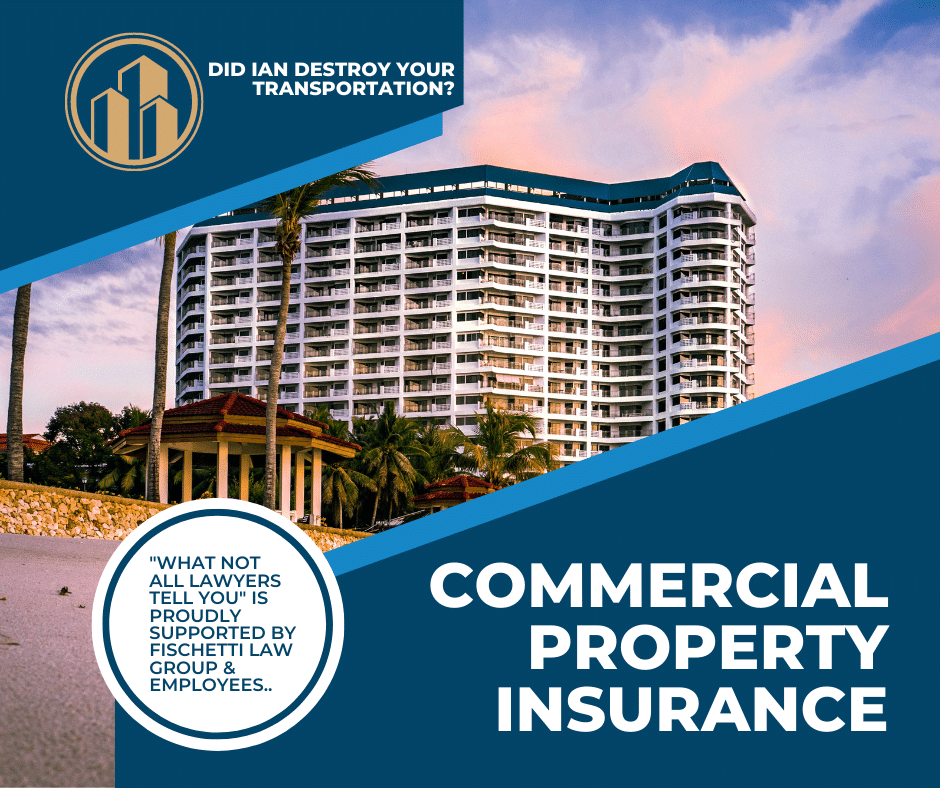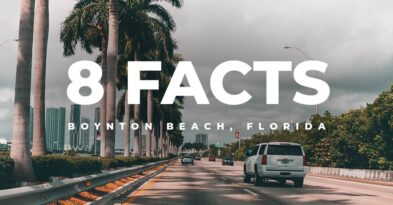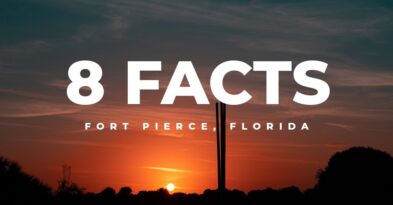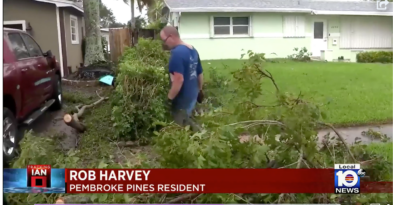What Is Commercial Property Insurance?
Commercial Property Insurance:
When owning your own business problems are bound to happen. There are many different accidents that can occur that all cause a financial setback. The unthinkable could happen where a pipe bursts or bad weather knocks your building away. A fire could start and burn all your inventory, business records, and you’re building. That is where commercial property insurance comes in to play. Property insurance can help pay for all these incidents and more.
Property insurance will pay for any damages or loss that occurs to your business property. It covers lost/stolen goods, or any damages done to the property that is covered by your policy. Often commercial property insurance is tied together with general liability insurance and business interruption insurance as part of a business owners policy.
What Does Commercial Property Insurance Cover?
Commercial property covers a broad number of incidents. These incidents include: business or office, equipment, tools, inventory, supplies, computers, business furniture, valuable papers, and business records. It can also cover outdoor stuff like fences and signs. This type of property insurance can cover the property of others as well.
Depending on your policy, it can be one of two things: named perils or open perils policy. Named perils cover costs only specifically written in your policy. These are typically the more common occurrences like fire, theft, vandalism, and wind damage. Open perils give you more wiggle room. Open perils cover any problem except the ones listed in the exclusions. This policy tends to cost more than named perils because of its broader coverage.
Problems Covered by Commercial Property Insurance
The consensus of problems covered by property insurance include:
-
Fire
-
Lightning
-
Wind
-
Hail
-
Theft
-
Vandalism
What Does Commercial Property Insurance NOT Cover?
There are some instances that property insurance will not be able to help you. It is important to know what these instances are so you can be correctly protected in these situations. These are some scenarios where property insurance will not cover you.
· If you get in a car accident in a company car, this would be covered by commercial auto insurance not commercial property insurance.
· Flooding in your building is not covered by commercial property insurance. Although you would think it is you have to purchase separate flood insurance policy to protect your office space.
· If you accidently damage a client’s property that would be covered my general liability insurance not commercial property insurance.
What Type of People Need Commercial Property Insurance?
Surprisingly commercial property insurance is not required by the law but is highly recommended if you own a business. Without property insurance you are looking at paying for any damage cost out of pocket, which could lead you into financial debt. If there was a massive fire that could completely put you out of business and you would essentially be poor. The types of people who most likely purchase property insurance are:
· Owning or leasing an office or building
· Owning or leasing tools and equipment
· Having any inventory or product
· Depends on business assets like computers and office equipment
· If you have any business records and documents that are important
What is The Cost of Commercial Property Insurance?
Property insurance really is not an arm and a leg. The average cost of property insurance is $63 a month or $756 a year according to Insureon. You do not need to be a property owner you can also be a renter if and get commercial property insurance. The reason this might be beneficial if you are a renter is so you are not held personally liable if something were to happen to the property.
Your commercial property insurance price depends on how valuable the items you are protecting are. If you are ensuring a huge skyscraper than yes, it is going to be very expensive but if you are just protecting an at home office space then it should be relatively affordable.
Other Factors Insurance Companies Consider When Pricing Commercial Property Policies
Location. Wherever your business is located can change the price of commercial property insurance. If you are located where a lot of storms are (Florida) or located in a fire prone place (California), your property insurance price can increase.
Construction. If your building was built a long time ago and is not up to codes, the price of your insurance can increase.
Industry. Depending on what industry you are in can increase your insurance cost. If you are a chef compared to an accountant, the chef is going to pay more in commercial property policies.
Protection against fire and theft. The type of fire alarm you have, is there a fire station, and what type of security system is on site to ward off thieves. This can all change the price of your insurance.
How To Get The Best Commercial Property Insurance
If you are a small business, you can purchase property insurance from the business owner’s policy. The business owner’s policy combines property insurance, general liability insurance, and business interruption coverage. A three for one special! Buying a package like this could be cheaper for you
General liability insurance protects against claims like bodily injury, property damage, copyright infringement, reputational harm, and advertising injury. If someone sues your business for one of these problems, general liability insurance would cover it.
Business interruption insurance covers a business’s loss income due to a covered peril. If you are unable to open because of a fire or such they would reimburse you for loss of income.
Replacement Cost vs Actual Cash Value Coverage
Replacement cost coverage pays to rebuild and replace your business property using materials at the same price. There is no deduction for depreciation.
Actual cash value coverage pays for present day value of the property. This considers depreciation. Basically, a claims check will not be enough to replace what was lost and you would pay the difference.











